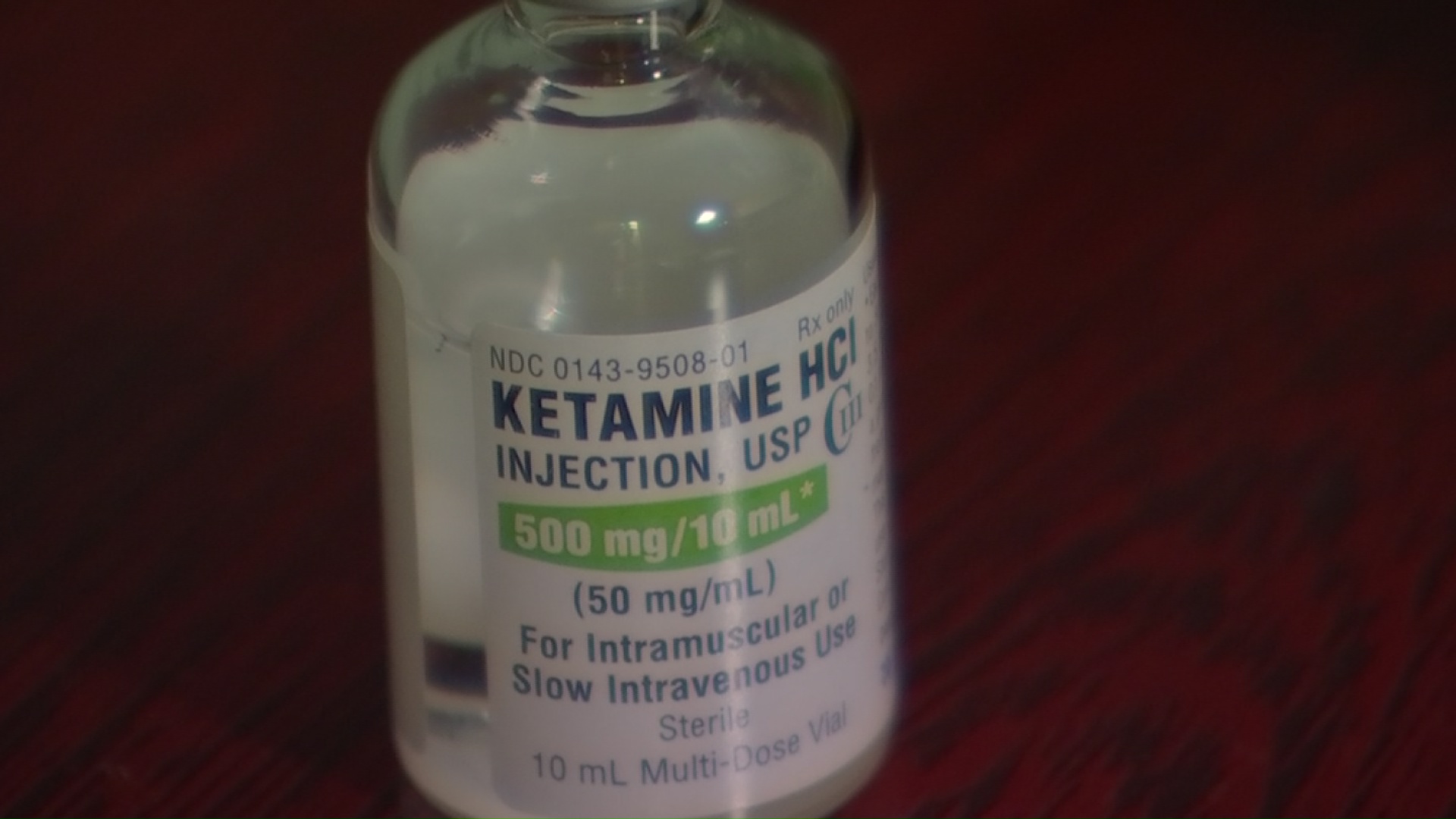Researchers at Nova Southeastern University in South Florida say they've decoded the entire genome of the great white shark, giving them genetic information that could one day help humans fight cancer and other diseases.
NSU's Save Our Seas Foundation Shark Research Center and Guy Harvey Research Institute, working with the Cornell University College of Veterinary Medicine, and the Monterey Bay Aquarium, made a number of discoveries that show how great whites quickly heal wounds and continue to thrive despite their size and time spent on the planet.
"Decoding the white shark genome is providing science with a new set of keys to unlock lingering mysteries about these feared and misunderstood predators – why sharks have thrived for some 500 million years, longer than almost any vertebrate on earth," Dr. Salvador Jorgensen, a senior research scientist at the Monterey Bay Aquarium, who co-authored the study, said in a statement.
The researchers found that great whites have specific DNA sequence changes indicating they can adapt and maintain genome stability, basically allowing them to repair DNA, unlike humans, whose accumulated DNA damage predisposes them to numerous cancers and age-related diseases.
"Genome instability is a very important issue in many serious human diseases; now we find that nature has developed clever strategies to maintain the stability of genomes in these large-bodied, long-lived sharks," said Mahmood Shivji, Ph.D., director of NSU’s Save Our Seas Foundation Shark Research Center and GHRI. "There's still tons to be learned from these evolutionary marvels, including information that will potentially be useful to fight cancer and age-related diseases, and improve wound healing treatments in humans, as we uncover how these animals do it."
Great whites can grow up to 20 feet and weigh up to 7,000 pounds, and dive to nearly 4,000-foot depths. Researchers said the shark's genome is one and a half times the size of the human genome.
Researchers hope their study can help with the conservation of great whites, which they say have been over-fished.
Local
"The genome data will be a great asset for understanding white shark population dynamics to better conserve this amazing species that has captured the imagination of so many," said Steven O’Brien, a conservation geneticist at NSU.



